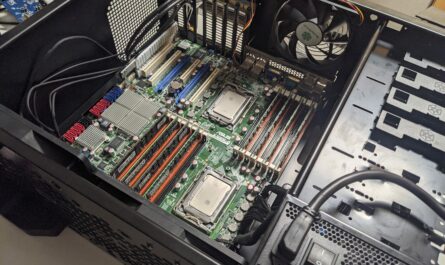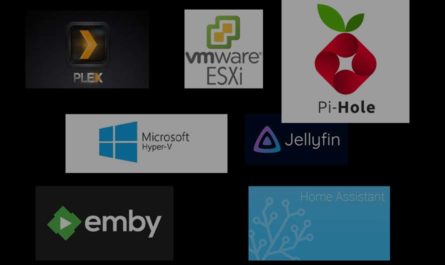
Who doesn’t love RAM? If you like to keep 50 Chrome tabs open, you do! If you like to play
video games, you do!
Let’s take a quick look at two different types of computer memory you’re likely to encounter:
Registered memory and unbuffered memory both ultimately perform the same function, however
there is a difference in the way the two types are accessed by the memory controller.
Registered Memory (aka Buffered Memory)
This type of memory is exactly that: it contains a register, or buffer, with which the memory
controller communicates and then forwards the information to the memory banks. This takes electric
load off of the memory controller and generally allows for more memory to be installed as compared
to unbuffered memory (more modules and higher capacity). Of course this is assuming the CPU
and motherboard support both types. In terms of performance this extra step adds one clock cycle
to the access time, not something you’re likely to notice at home.
Unbuffered Memory (aka unregistered memory)
This memory does not have a buffer (or register) so the memory controller communicates with the
memory banks directly. This puts more of a strain on the memory controller, which is why usually
less memory would be supported by the system.
Who cares about the memory controller? Right?
At home, probably no one. Not many people are installing more than two stick of RAM, even less
people are installing more than four. It’s unusual for people to install more than 32GB RAM in their home
computers. Registered memory is usually used in servers, and well, some of those bad boys hold DOZENS of memory sticks… 1TB of memory is no longer unheard of!
Hopefully this quick overview helped you better understand the difference between the two types of memory in our computers. Feel free to drop a comment with questions or suggestions!



